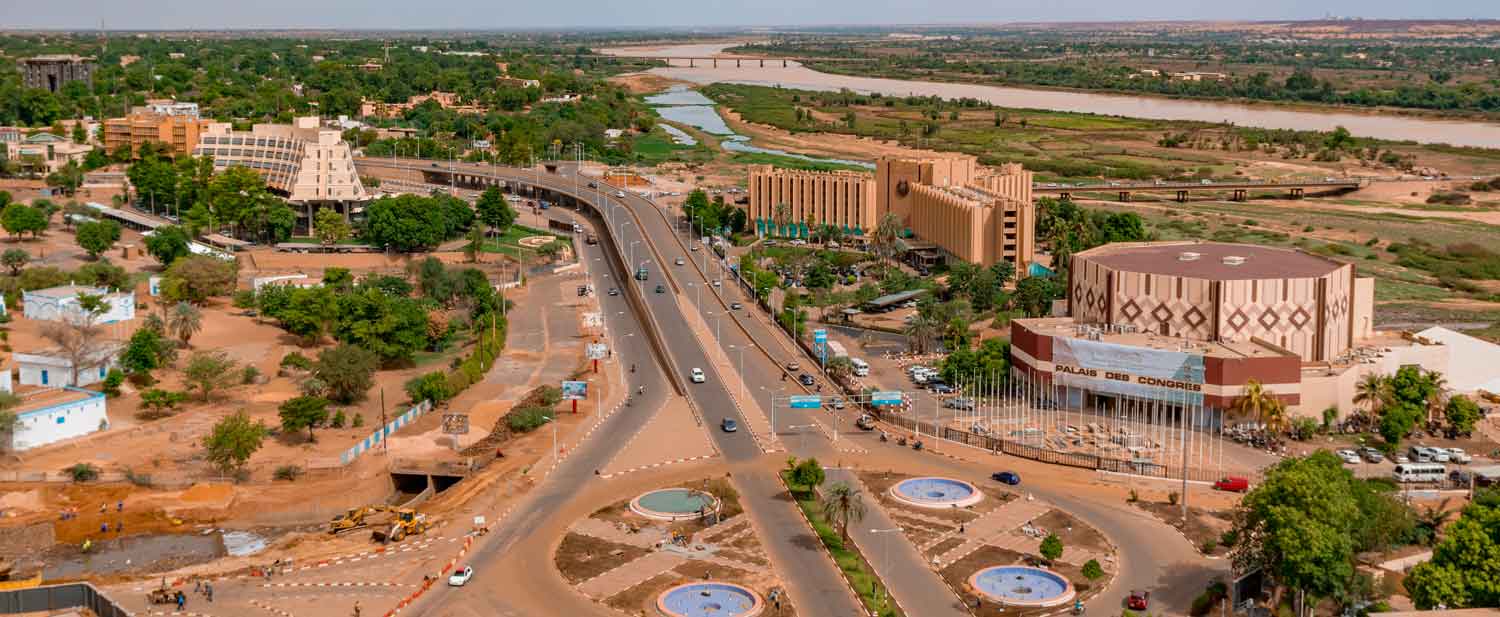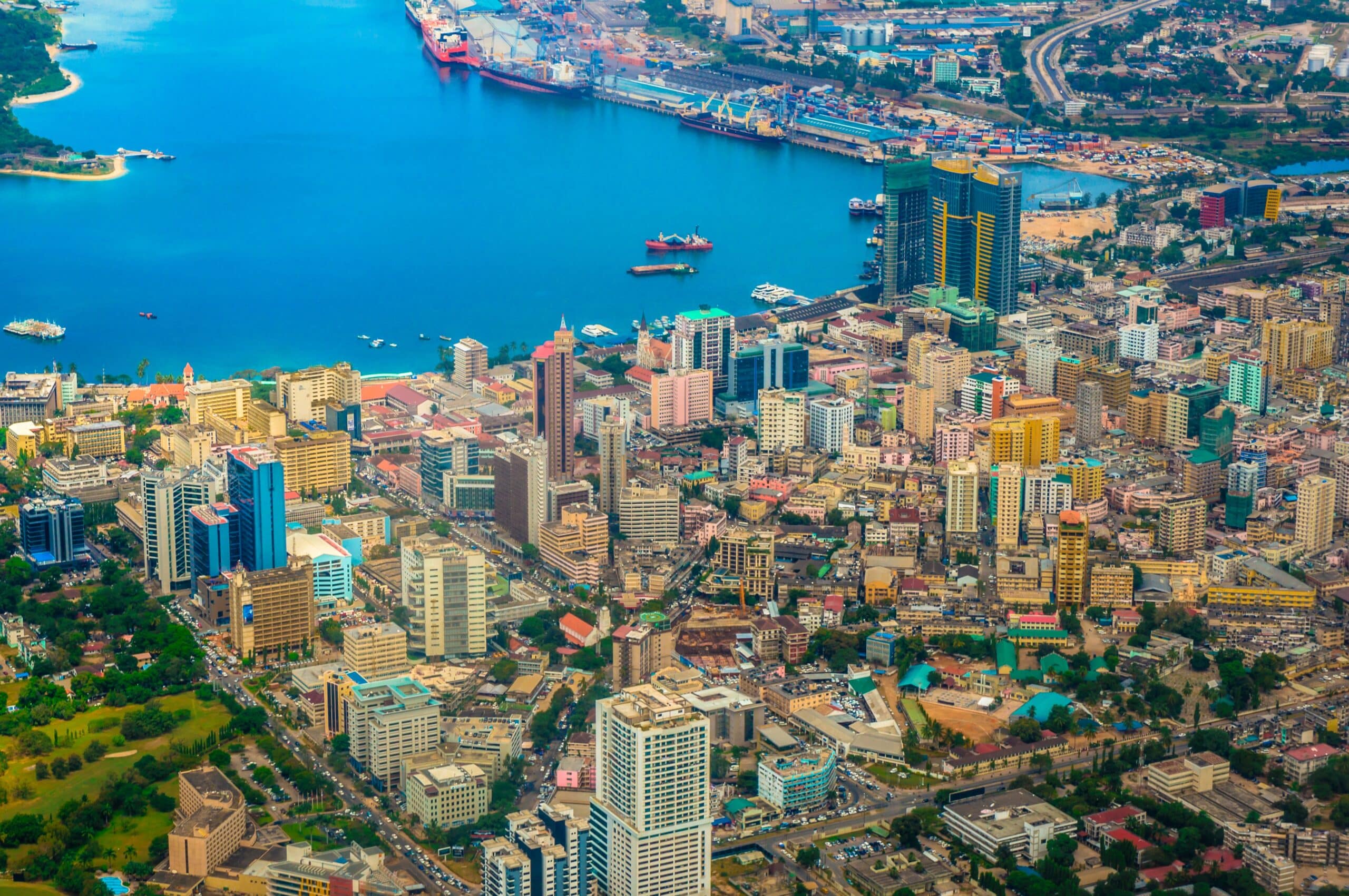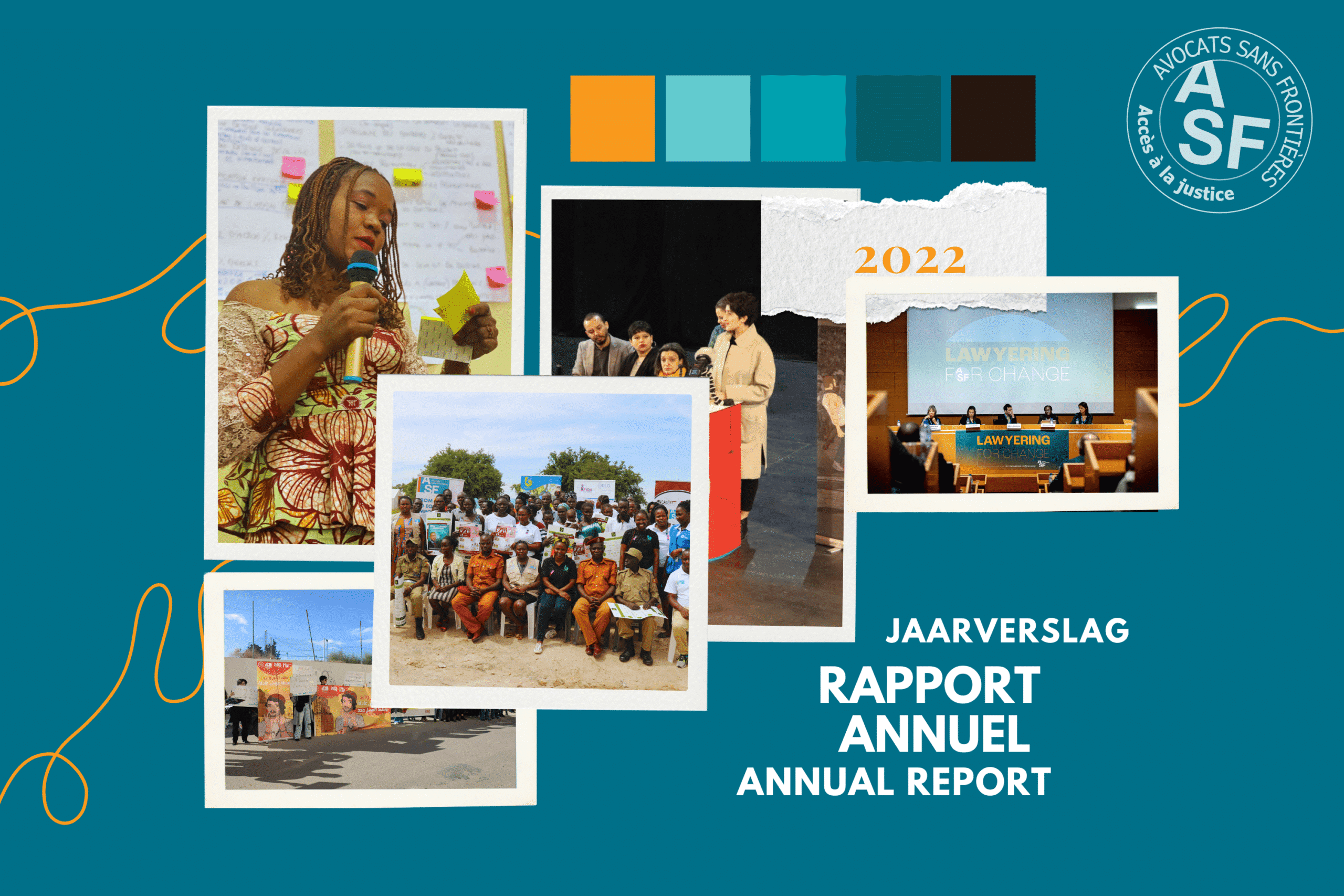Category: Legal aid
-
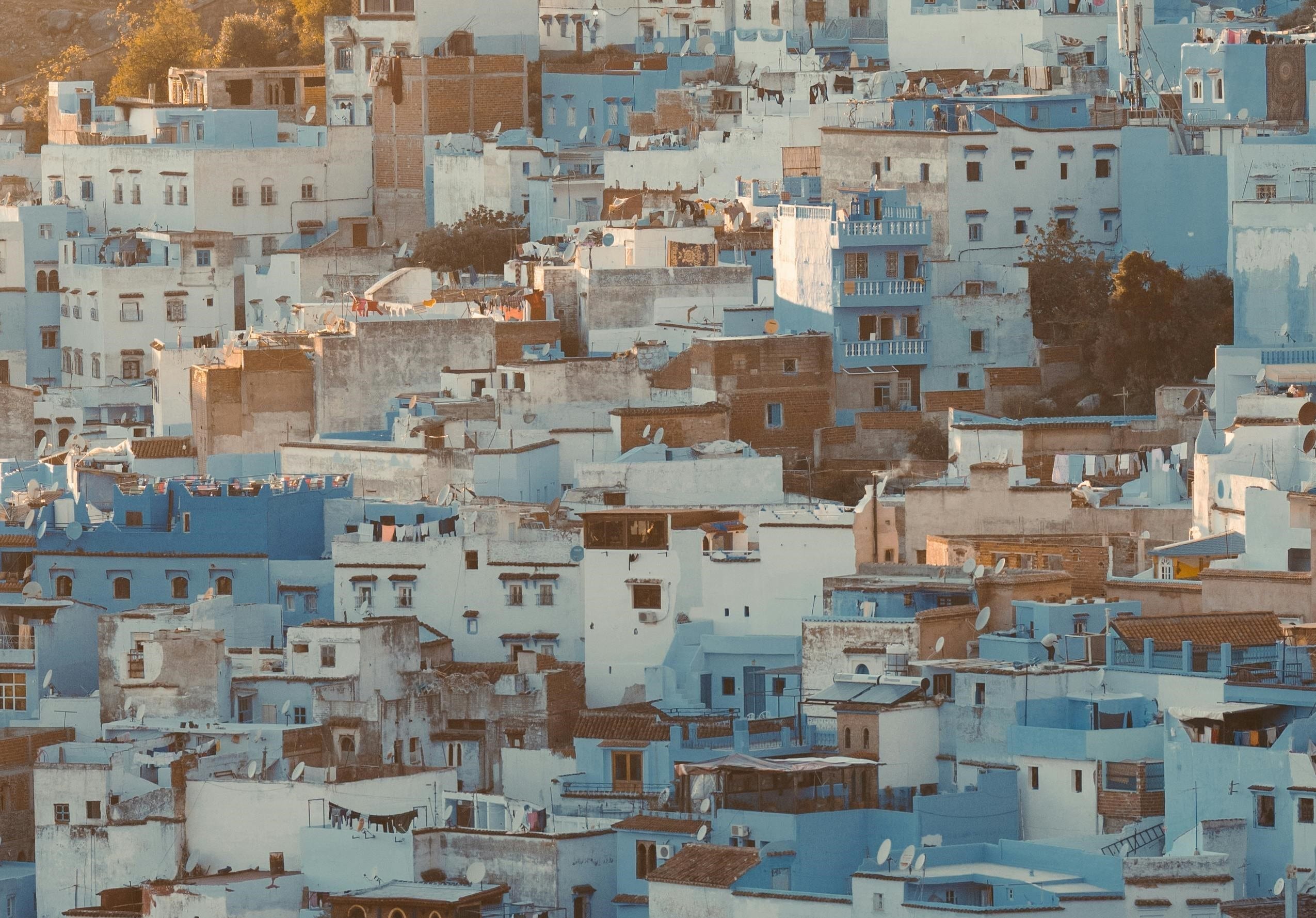
Morocco – Decriminalising drug use to relieve prison overcrowding and provide better support for users
In Morocco, drug use is still governed by a law dating back to 1974: Dahir No. 1-73-282. Article 8 punishes the use of any substance or plant classified as a narcotic. It provides for a sentence of 2 months’ to one year’s imprisonment and a fine of 500 to 5,000 dirhams (around USD 50 to…
-
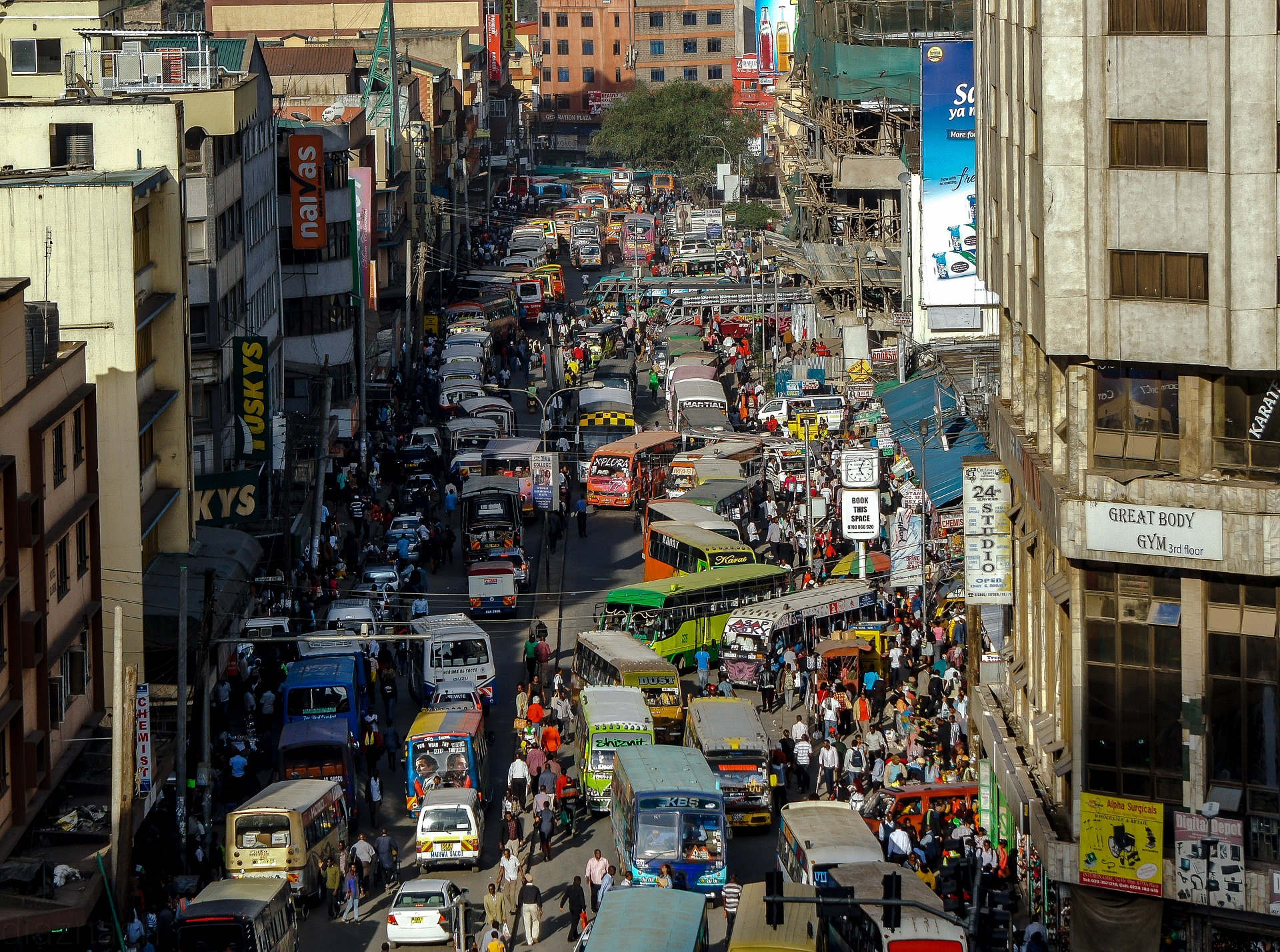
Legal aid in Kenya: Tracing the evolution, progress and gains
The journey towards establishing a comprehensive legal aid system in Kenya has been long and winding, but due to advocacy efforts by civil society organizations, including ASF’s partner in Kenya, the Legal Resources Foundation Trust (LRF), it culminated in 2016 in the enactment of the Legal Aid Act. In this article, we discuss the progress…
-

Tunisia: People in migration threatened by the rise of discriminatory rhetoric and policies
Because of its geographical position and proximity to the European coast, Tunisia has long been considered a major transit country for sub-Saharan migrants. However, heightened security measures and the militarization of the European Union’s borders, as well as border outsourcing policies, have meant that Tunisia has become a country of settlement for many people in…
-
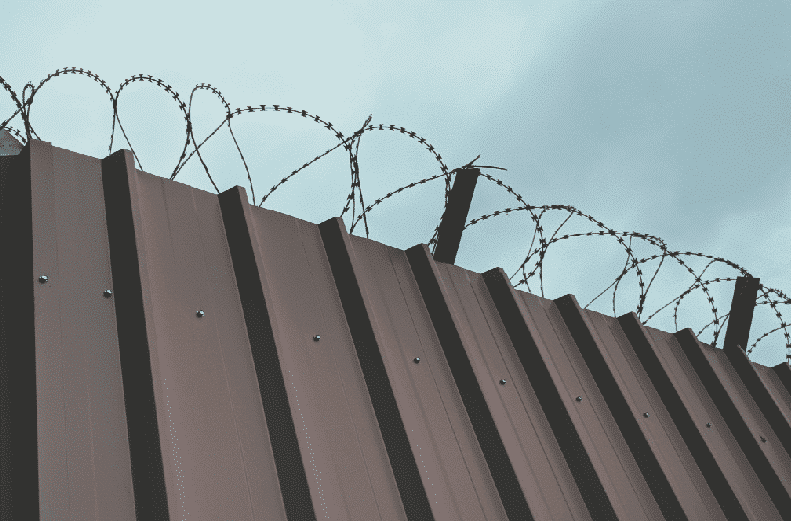
Protecting constitutional rights of pre-trial detainees through access to justice in Uganda
ASF’s team in Uganda has just published a baseline study on ‘Protecting constitutional rights of pre-trial detainees through access to justice in Uganda’. It is available on our website and will be presented during an ExPEERience Talk on 2nd March 2023.You can sign up to follow the presentation online.
-
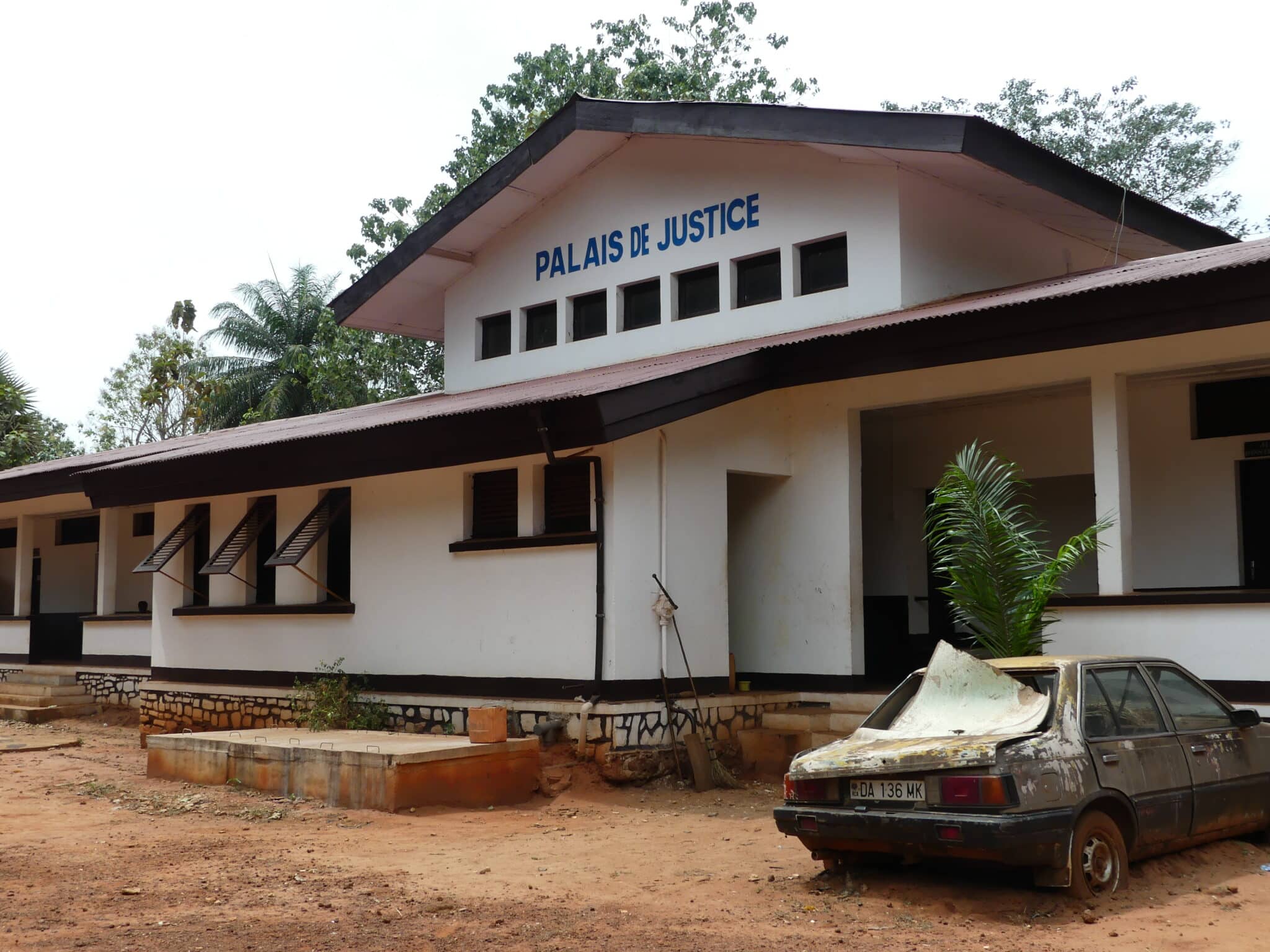
The penalisation of charlatanism and witchcraft practices: An obstacle to the realisation of the rights of women and minors in the Central African Republic
In the Central African Republic (CAR), the practice of charlatanism and witchcraft is considered a crime under the penal code. The prosecution of suspected “sorcery” practitioners frequently leads to serious human rights violations and systematically impacts women and children. At the Bimbo women’s prison, half of the women in prison are condemned for alleged witchcraft…
-
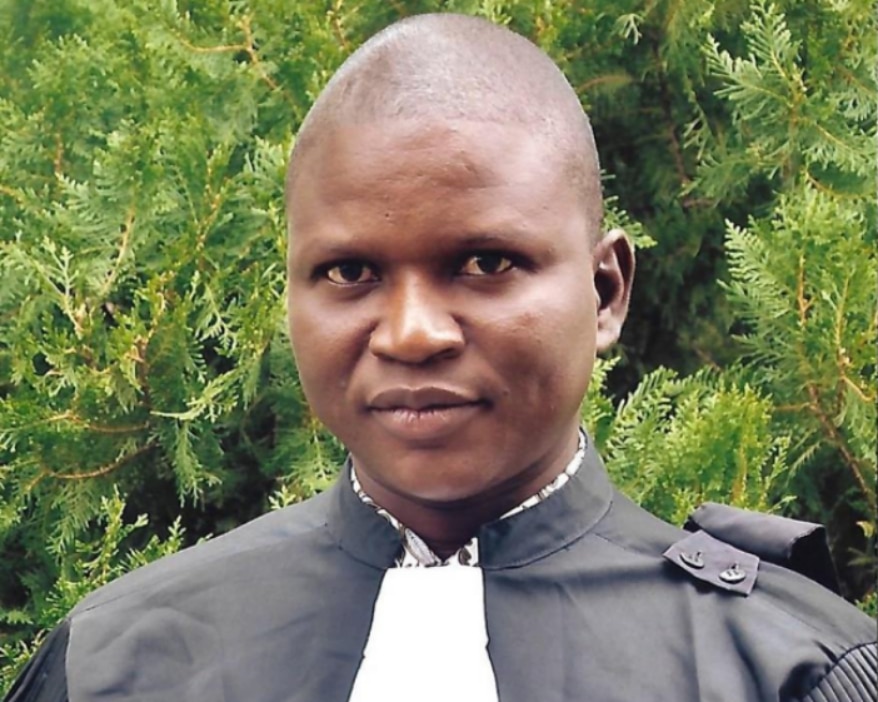
Chad: the many faces of justice (1/4)
This autumn, ASF presents a portrait of justice in Chad, through interviews with four people who are active in defending human rights in the country. This week, Doumra Manassé shares his vision of the role of lawyers and their place in society in Chad. “People see us as civil servants or as traders. We are…
-
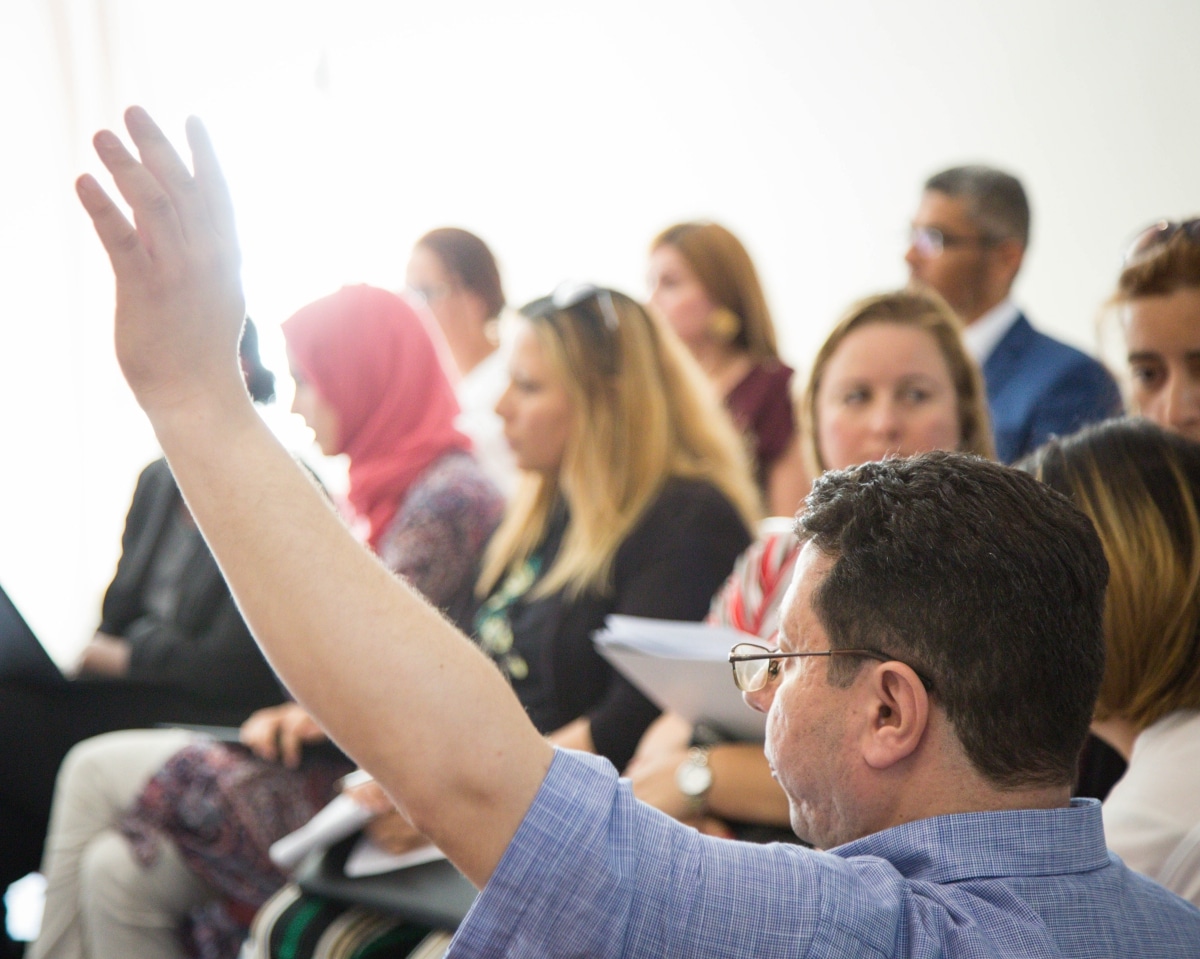
Tunisia: making access to justice a reality for all
More than seven years after the fall of the dictatorship, the young Tunisian democracy is still under construction. Much of the work is ongoing or has yet to begin, including the essential reform of the justice system. In light of this situation, ASF and BEITI organised a national conference on access to justice, on 20…

